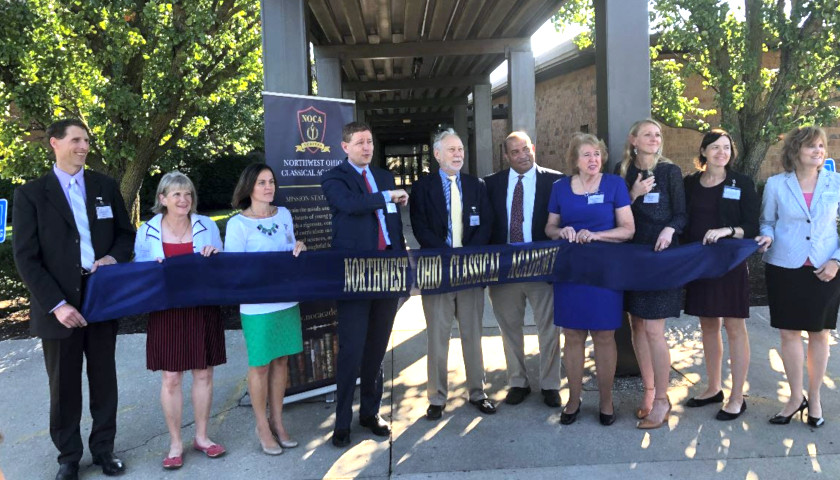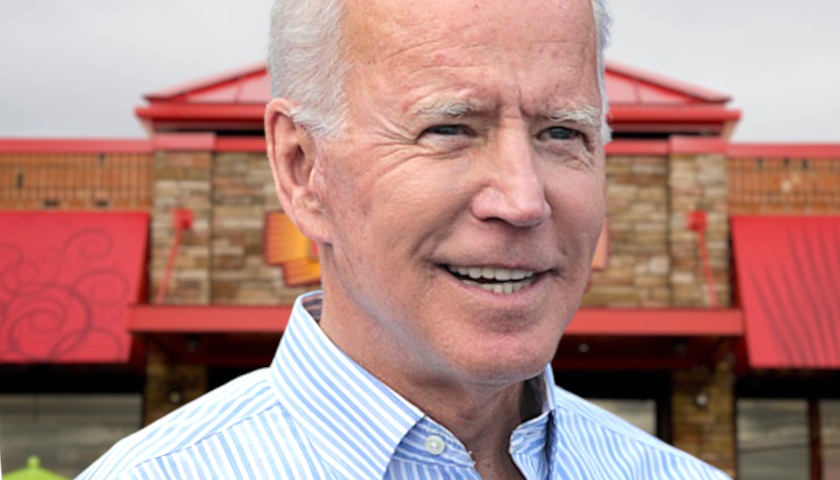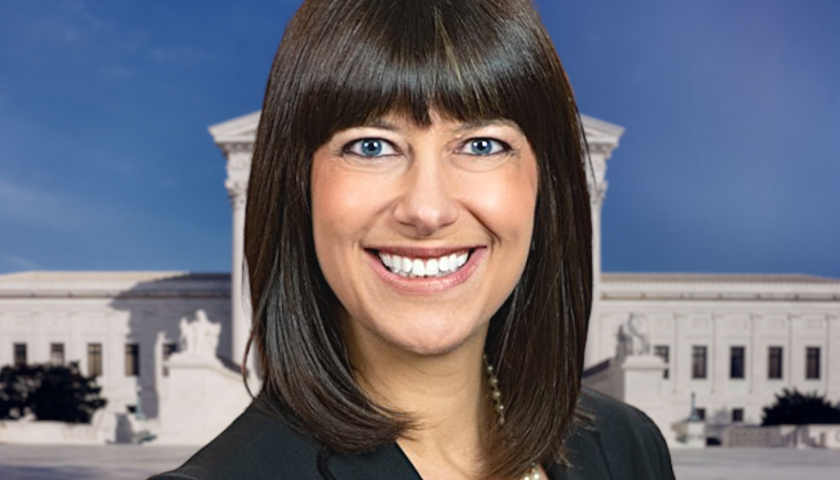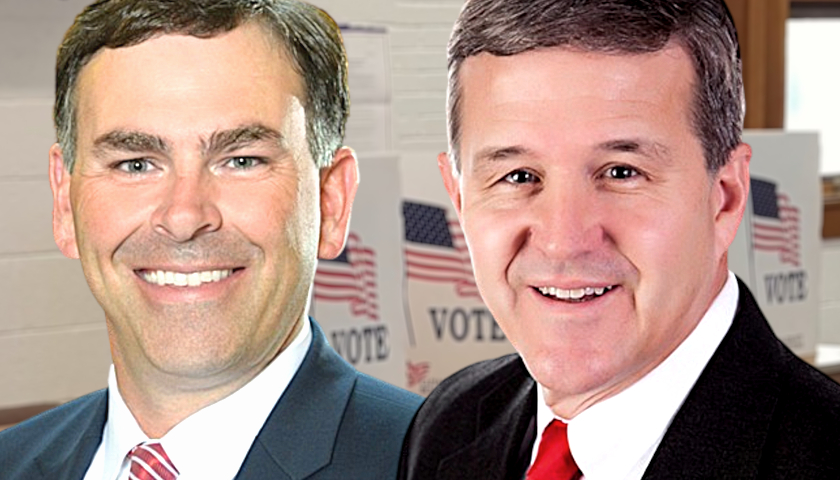On August 14, the Northwest Ohio Classical Academy (NOCA) opened in Toledo for the 2019-20 school year. It is the culmination of five years of effort on behalf of a group of parents who were not satisfied with the current school options available to them.
NOCA is a charter school affiliated with the Hillsdale College’s Barney Charter School Initiative (BCSI), and is the first one in Ohio.
Lee Strang, law professor and president of NOCA’s board of trustees, says the idea started in his living room when several families gathered to brainstorm options for their children.
“We were from all different backgrounds and different schooling choices,” he says. “But we not happy with the options. Homeschooling was time consuming and burdensome to family life. Private school was expensive and tuition was a strain on family resources, or the education provided was not considered worth the price. Public education had low academic value or was inconsistent with their family values. We wondered how we could start a private, religiously oriented school that would provide an education consistent with family values.”
Strang said that option was expensive, with about $1 million as a ballpark estimate to start up. But one parent, whose children attended Hillsdale College, learned about the school’s Barney Charter School Initiative. Strang explains it as sort of a franchise for charter schools.
After discussions, BCSI was convinced there was a market for their classical schooling in Toledo, so a board was established and the process to open a classical academy began.
It wasn’t easy, Strang explains.
“We needed a charter from the state and then a building, administration and faculty,” he says. “The hoops and hurdles to secure all those three things is not insurmountable, but it is really hard,” especially when doing all three at the same time.
In Ohio, each charter school needs a sponsor. Strang said they submitted an application on their own and failed. The idea wasn’t bad, he says, as the idea was ultimately successful. “But we didn’t know the language to use, the dots to connect, so the second time around, we used a consultant to draft the application,” he says. “We secured the charter in the fall of 2018.”
A classical school is different from standard schooling. While the NOCA website explains what a classical education is and isn’t, Strang says the difference is rooted in the purpose or goal.
“Standard educational schools say they want their students to become college and career ready, and that’s a good goal,” he says. “The goal of classical education is broader and more fundamental: to help young men and women become flourishing citizens and virtuous leaders.”
BCSI says their goal is to “train the minds and improve the hearts of young people through a rigorous, classical education in the liberal arts and sciences, with instruction in the principles of moral character and civic virtue.”
That’s accomplished through substance and pedagogy.
From a substance perspective, Strang says the students will learn “more and better” than a standard education. For example, Strang says his experience as a law professor is that most students don’t study the Constitution or the Federalist Papers. But students in a classical academy will. “Our students learn the fundamental way in which all of those parts of the Western tradition contribute to them being full human beings,” he added. “Our curriculum matches the state’s standards and has our kids learning more than the state minimum.”
In terms of pedagogy, standard education looks at the teacher as the ‘guide on the side’ he says. “Students are self-directed learners with a heavy dose of technology and the teacher is facilitating that learning. In classical education, the teacher is the master of the subject and the role model of the virtues we’re having the young people learn and acquire.”
Strang also says the difference is the deeply-held principal that a child’s education is primarily the privilege and responsibility of the child’s parents. Teachers are supporting and helping the parents, but are subject to the parents being the primary educator. That’s why the family handbook says, “(t)he role of a teacher in a public school is neither that of preacher nor of skeptic.”
Strang points out that difficult or potentially controversial subjects, like religion or evolution, are taught, but from a scientific basis and with a “deep respect to the parents’ positions on those issues.” Parents will also be informed ahead of time when any such topic is going to be discussed, he said, so they can properly plan and instruct their child.
Even the selection of school uniforms and a formal uniform option, is rooted in the classical approach to preparing students for life.
“Having uniforms is a way of distinguishing the activity people are participating in,” Strang says. “Learning is a special activity and people should dress in a way that is elevated and reflects the elevated goal of the underlying activity. It’s part of a full human life that sometimes people take it up a notch. (A formal uniform) helps our students realize there are times when we dress up in a special way, and there is a related activity for formal days where students do something together.”
Strang, who has four children at the school, says his experience in establishing NOCA was “rigorous – but rich.” While he’s not interested in starting another charter school, he already has plans to assist other parents who want a classical academy in their community. He says the state has approached him about advice on how to replicate the experience. He predicts there will be more such schools in Ohio in the future.
As a tuition-free, public charter school, NOCA accepts any Ohio students, though it does not provide a hot lunch. It currently has grades K-8 and plans to add another grade each year until it has K-12.
– – –
Maggie Leigh Thurber is a writer for The Ohio Star. Email tips to [email protected].





